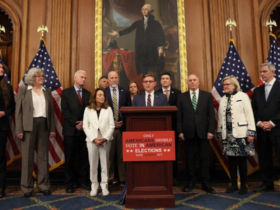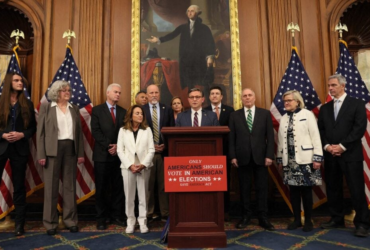In Gombe State, a network of civil society organizations is actively contributing to positive changes in healthcare, education, and poverty alleviation. These unsung heroes are partnering with the government to enhance the well-being of citizens and promote long-term development in the state. By focusing on vital issues such as immunization, child marriages, gender-based violence, and community development, these organizations are making a significant impact on people’s lives.
The civil society organizations in Gombe State play a crucial role in engaging with public governance processes, advocating for policy changes, and ensuring government accountability. Despite facing challenges such as limited international support, these organizations have managed to attract substantial funding to implement various projects in sectors like health, education, and infrastructure.
Through grassroots initiatives and community-based solutions, these organizations are addressing pressing issues like child marriage and advocating for sustainable development. Despite misconceptions about NGOs being profit-driven, these organizations operate transparently, being held accountable for every fund received.
The impact of civil society organizations in Gombe is evident in their efforts to bridge service gaps, promote transparency, and engage citizens in decision-making processes. NGOs like FOCEI and GONET are at the forefront of driving social and economic development by complementing government initiatives and advocating for positive change.
While some NGOs face challenges and misconceptions, they remain committed to their mission of fostering development and serving as mediators between the people and the government. By emphasizing community involvement and collaboration, these organizations strive to mitigate negative perceptions and work towards achieving sustainable progress in various sectors.
In recent years, there have been instances where states have taken actions regarding NGOs, such as suspensions and reevaluations of their roles. However, recognizing the vital contributions of NGOs in humanitarian interventions and development, some states have lifted suspensions and expressed willingness to collaborate with these organizations for the betterment of their communities.

















Leave a Reply